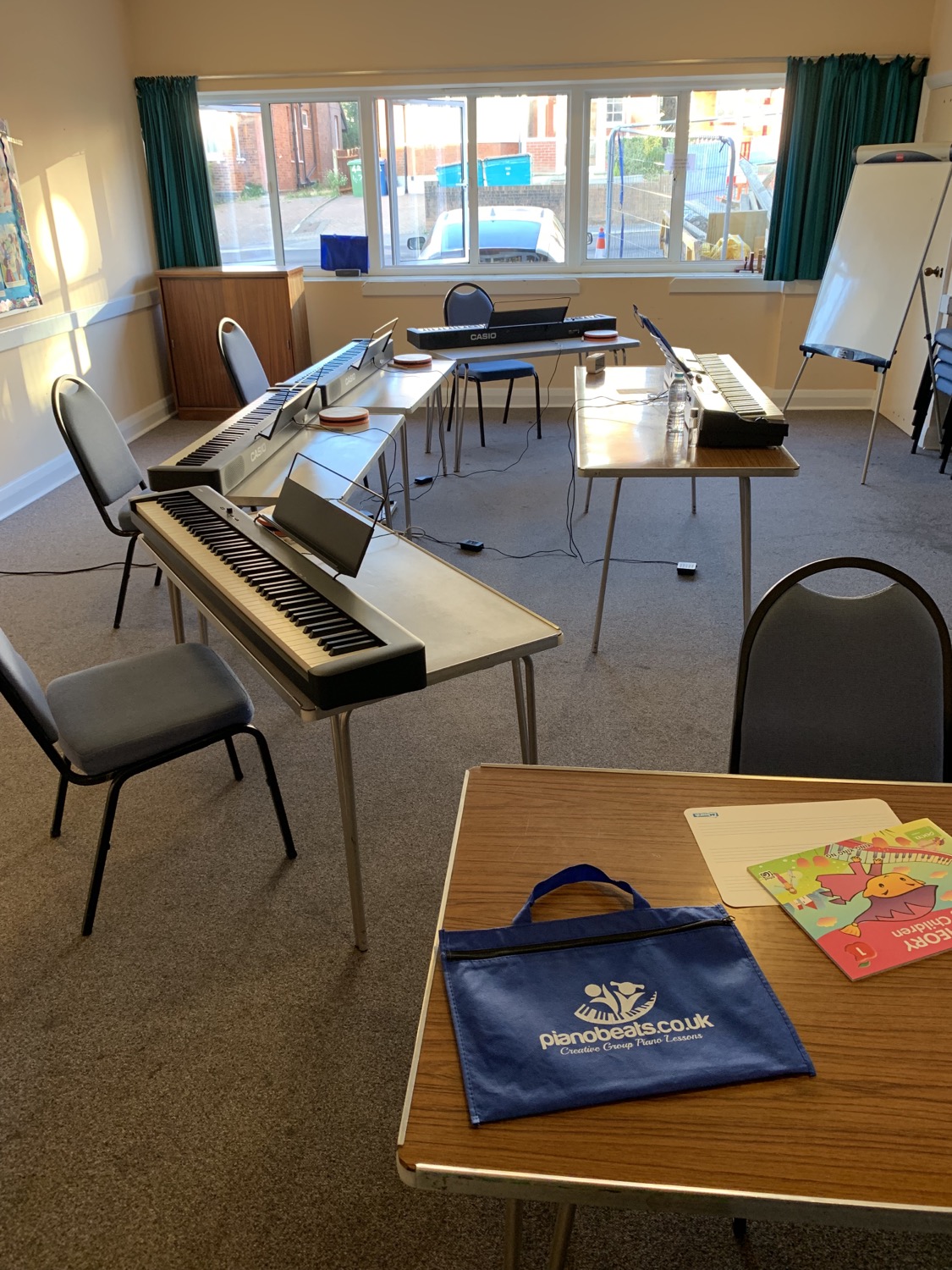The Power of Music in Shaping Your Child's Development
- Marek Koczen

- Nov 12, 2025
- 3 min read

Music plays a powerful role in shaping a child’s development. From the earliest stages of life, exposure to music can influence how children learn, communicate, and express themselves. Understanding the ways music supports growth helps parents, educators, and caregivers create environments that nurture young minds.
How Music Supports Cognitive Development
Music engages multiple areas of the brain simultaneously. When children listen to or create music, they activate regions responsible for memory, attention, and problem-solving. This stimulation helps improve skills that extend beyond music itself.
For example, learning to recognize rhythms and melodies enhances pattern recognition, which is essential for reading and math. Studies show that children who participate in music education often perform better on standardized tests related to language and reasoning.
Music also encourages auditory discrimination, the ability to distinguish between different sounds. This skill supports language development by helping children hear subtle differences in speech sounds, which is critical for learning to read and speak clearly.
Music and Emotional Growth
Music offers children a unique way to explore and express emotions. Singing, playing instruments, or simply listening to music can help children identify feelings and develop empathy.
When children engage with music, they often connect with the mood or story behind a song. This connection fosters emotional intelligence by encouraging them to understand their own emotions and those of others.
Group music activities, such as singing in a choir or playing in a band, build social skills. Children learn cooperation, turn-taking, and listening, which are important for emotional regulation and positive relationships.
Physical Development Through Music
Music encourages movement, which supports physical growth and coordination. Dancing, clapping, or playing instruments requires fine and gross motor skills.
For instance, playing the piano demands finger dexterity and hand-eye coordination. Drumming helps develop rhythm and timing, which can improve overall motor control.
Active music-making also promotes body awareness and balance. These physical benefits contribute to a child’s confidence and ability to participate in other activities like sports or play.
Language Skills and Music
Music and language share many features, such as rhythm, pitch, and tone. Exposure to music helps children develop a better understanding of these elements, which supports language acquisition.
Singing songs with repetitive phrases and rhymes improves vocabulary and pronunciation. It also strengthens memory by encouraging children to recall lyrics and melodies.
Research indicates that children who engage in musical activities show faster development in speech and language skills compared to those without such exposure. This advantage can be especially helpful for children learning multiple languages or those with speech delays.
Practical Ways to Incorporate Music in Daily Life
Parents and caregivers can easily add music to a child’s routine to support development. Here are some simple ideas:
Play a variety of music genres during playtime or quiet moments
Encourage singing along to favorite songs
Introduce basic instruments like tambourines or xylophones
Use music and movement games to combine physical activity with learning
Attend live music events or children’s concerts when possible
Creating a musical environment does not require formal lessons. The key is consistent exposure and making music a fun, interactive part of daily life.
Music and Social Development
Music often brings children together, creating opportunities for social interaction. Group music classes or informal jam sessions teach cooperation and communication.
Children learn to listen carefully to others, follow cues, and express themselves within a group setting. These experiences build confidence and a sense of belonging.
Sharing music also helps children appreciate cultural diversity. Exposure to different musical styles broadens their understanding of the world and encourages respect for others.
Supporting Special Needs Through Music
Music therapy has proven benefits for children with special needs, including those with autism, ADHD, or developmental delays. Music provides a nonverbal way to communicate and connect.
Therapists use music to improve focus, reduce anxiety, and encourage social interaction. Rhythmic activities can help regulate behavior and improve motor skills.
Parents and educators can incorporate music-based strategies to support learning and emotional well-being for children facing challenges.
Final Thoughts on Music and Child Growth
Music is more than entertainment for children. It is a vital tool that supports cognitive, emotional, physical, and social development. By integrating music into daily life, adults can help children build essential skills that last a lifetime.
Encouraging children to explore music nurtures creativity, communication, and confidence. Whether through singing, dancing, or playing instruments, music offers a joyful path to growth.



Comments